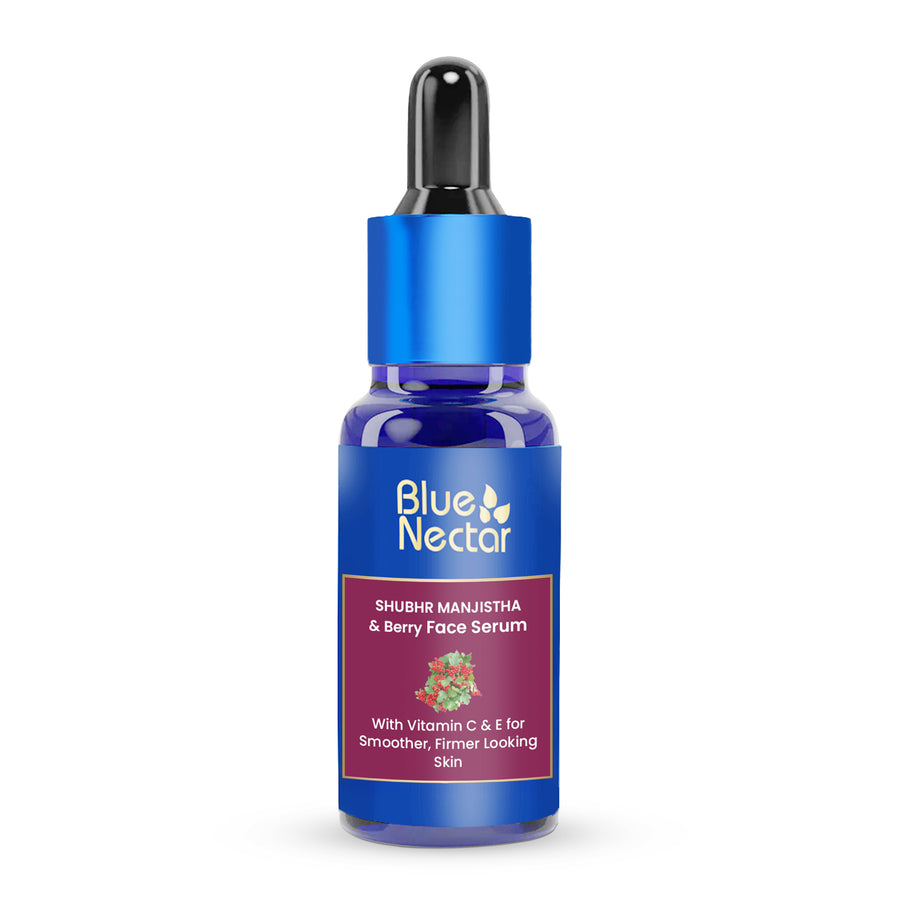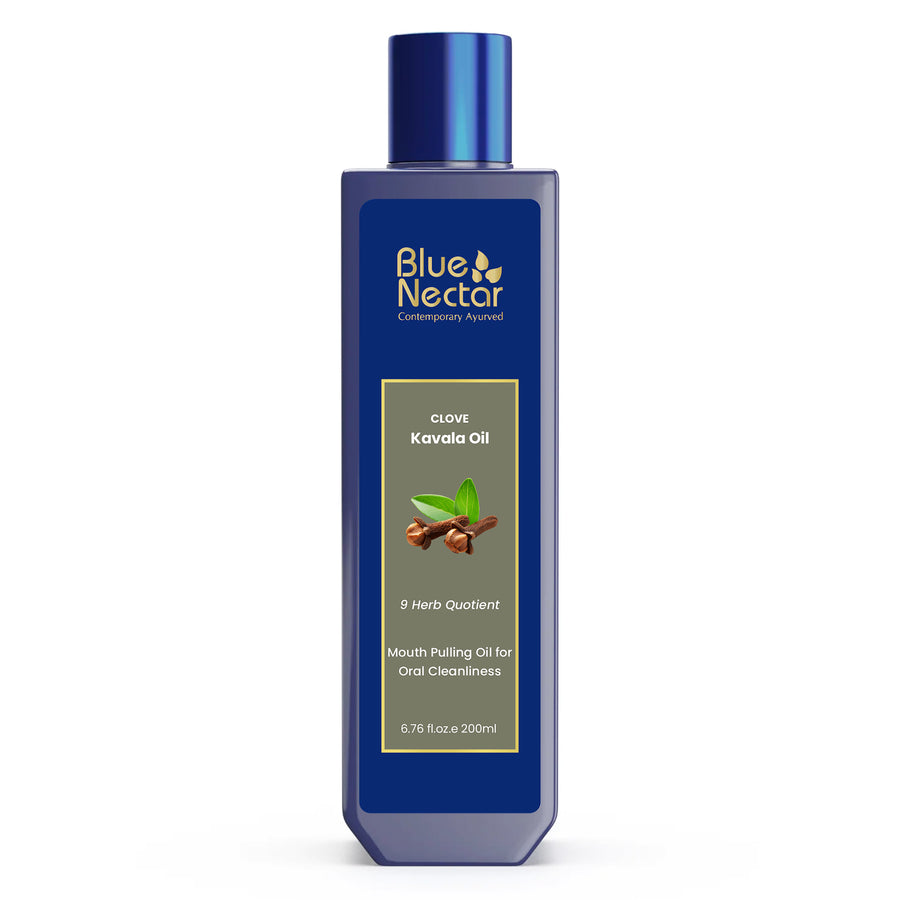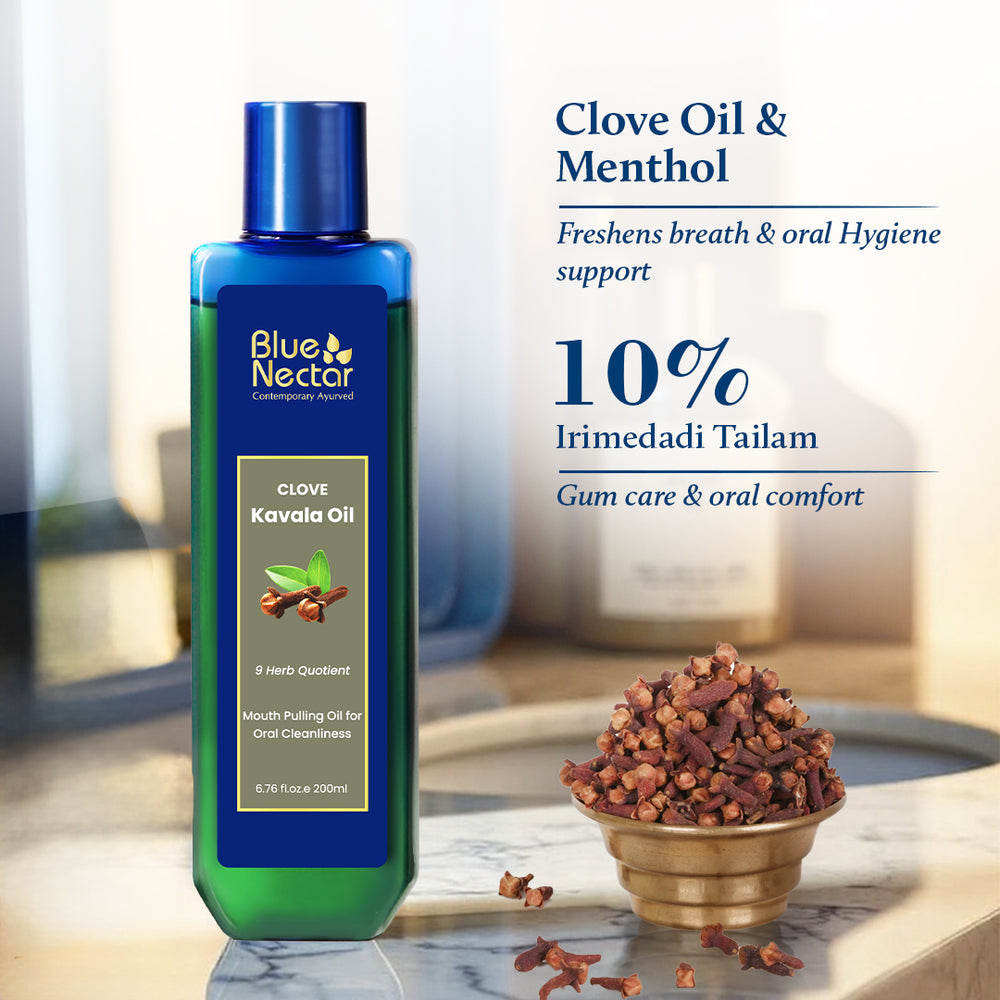5 Dandruff Myths You’re Still Believing (And What Ayurveda Really Says)
You want to know a weird thing about me? I never wore black clothes until I was 12 years old. N E V E R! Why? I wasn’t allowed to. My mom’s really superstitious, and she just never let me wear black clothes for those reasons. Then, when I turned 12, my “rebellious” phase kicked in, and I started wearing black clothes.
Now, 10 years later, I’m 22, and once again, I have stopped wearing black clothes. No, not because of my mom and not because my rebellious phase ended either. It’s because of my scalp. Specifically, the dandruff on my scalp. Every time I wear a black t-shirt, it looks like my shoulders have been dusted with icing sugar.

And that’s not even the worst part. The worst part is that everyone around me suddenly turns into a self-proclaimed “dandruff doctor”. Right from “wash your hair more” to “don’t oil your hair”, I’ve really heard it all.
The truth is, in addition to being the most common scalp issue, dandruff is also one of the most misunderstood. I can’t tell you the number of years I’ve wasted believing in those myths when I could have actually done something genuine to treat it. And those 2 a.m. Google searches aren’t particularly helpful either.
But now, after years, there’s just one thing I 100% believe in. Ayurveda. Because instead of blaming your shampoo, your eating habits, or your roommate’s pillow, Ayurveda actually explains dandruff as a deeper imbalance in your body. The kind that no “miracle anti-dandruff shampoo” advertisement ever talks about.
“Is dandruff contagious?”, “does hair fall cause of dandruff?”, etc. No matter the question, in this blog, we’re breaking down all the dandruff myths you’ve been believing and what Ayurveda really says about them.
Table of Contents: |
Myth 1: Is Dandruff Contagious?
No, नहीं, ಇಲ್ಲ, না, నక్కో, नाही. Wait, did I say no already? I can’t emphasise this enough, dandruff is not contagious. You can sit with someone, use their comb, and sleep on their pillow, and still not wake up with dandruff overnight. You’re not going to “catch” dandruff like a cold.
What you’re seeing is just dead skin cells, not a scalp-born virus plotting to spread. The real culprits are excess oil, fungal overgrowth (usually Malassezia), or maybe even a wrong hair care routine.
What Ayurveda Says: According to Ayurveda, dandruff is just an imbalance in the Vata (dryness) and Kapha (oiliness) doshas. This dosha imbalance is what leads to a dry and flaky or an excessively oily scalp, which becomes the perfect breeding ground for fungal growth. Since doshas are unique to each individual, dandruff cannot be “passed on”. It’s just a reflection of the internal imbalance.
Myth 2: Dandruff is a Permanent Problem
Dandruff is very stubborn. It can keep coming back due to certain triggers. But is it a permanent thing? Not at all. It only becomes unmanageable and feels like a “forever” thing if you don’t do the right care. The triggers include diet, stress, seasonal changes, or harsh products. But all of it is temporary. Once you identify your scalp type and treat it consistently, flakes can be controlled.

What Ayurveda Says: As previously discussed, according to Ayurveda, dandruff is just a reflection of the internal dosha imbalance. Thus, by correcting these doshas, whether through herbal oils (like bhringraj, neem or coconut) or clarifying shampoos or even by balancing lifestyle habits, dandruff can be reduced significantly. As Ayurveda doesn’t just mask the symptoms, it addresses the root cause, giving you freedom from the flakes forever.
Myth 3: Does Hair Fall Cause of Dandruff?
Hair fall doesn’t cause dandruff. It’s normal to ask this question because both often appear simultaneously, which confuses people. Here’s the connection: When dealing with dandruff, there is constant scratching or inflammation. As a result of this, the hair follicles become weak, which leads to more breakage. But one isn’t the root cause of the other.
What Ayurveda Says: Ayurveda explains this through pitta dosha. Pitta is associated with heat, and excess of this heat and inflammation in the scalp is what triggers both hair fall and dandruff. Herbs like amla, aloe vera and brahmi cool the scalp and also strengthen hair follicles, thus helping you deal with this double trouble right at the source.

Myth 4: Dandruff Only Happens in Winter
Dandruff isn’t a seasonal guest who checks in only during winters. Yes, cold weather definitely makes dryness worse, but summer also brings its own set of problems (sweat and oil lead to dandruff flare-ups too). Simply put, dandruff couldn’t care less what season it is.
What Ayurveda Says: As per Ayurveda, winter dandruff is related to Vata imbalance (dryness), whereas summer dandruff is related to Kapha imbalance (oiliness). Hence, adjusting your hair care to the season is the solution to keeping your flakes in check all year round. Go for deeply nourishing oils in winter and lighter cooling herbs in summer.
Myth 5: “Anti-Dandruff Shampoo Alone Will Fix It”
You seriously want me to do the whole “No, नहीं, ಇಲ್ಲ…” thing again? I’m glad you said no. It is high time we all understand that that fancy blue bottle isn’t a magic wand. It’s more of a walking cane that gives you the support you need. Anti-dandruff shampoos only help control the flakes for a while, but they don’t deal with the underlying causes. Ever notice how the dandruff springs back like a boomerang the moment you stop using them? Exactly!

What Ayurveda Says: Ayurveda wasn't, isn't and will never be about quick fixes. That’s why it recommends this holistic approach:
-
Lifestyle: Reduce stress with meditation or yoga.
-
Herbs & Oils: Neem, fenugreek, bhringraj, and coconut for cleansing and nourishment
-
Routine: Weekly oil massages and gentle herbal washes instead of harsh chemicals.
Only then can you really fix your dandruff, instead of just hiding it.
Conclusion
Myths about dandruff travel faster than the flakes. "You'll get it from your friend", "it only appears during winter", or "it's permanent"; these half-facts leave us chasing after the symptoms instead of the true cause.
Ayurveda shows us that dandruff is not merely a cosmetic issue; it reflects internal imbalance. By making dietary, lifestyle, and scalp care adjustments using natural remedies, you can control dandruff successfully.
So the next time someone offers you random dandruff advice, just smile, shake your head, and say, "नहीं, না, ಇಲ್ಲ, नाही..." (and maybe toss in a dramatic hair flip).
Recommended Products By Blue Nectar
Briganantadi Shikakai Anti-Dandruff Shampoo for Men and Women(26 Herbs)
Briganantadi Tea Tree Anti Dandruff Oil for Hair | Clean & Healthy Scalp
Tea Tree Anti Dandruff Ayurvedic Hair Oil & Anti Dandruff Hair Cleanser Shampoo with Bhringraj Oil
Related Articles
Get dandruff free hair with natural ayurvedic haircare products and tips
Why Hair Care Products Aren’t Working for You? Check pH of Hair and Scalp
Foods That Trigger Dandruff vs Foods That Fight It
Ayurvedic Hair Care - A Complete Guide on Doshas and Hair Treatment
From Hormones to Doshas: Understanding Dandruff the Ayurvedic Way






















Leave a comment